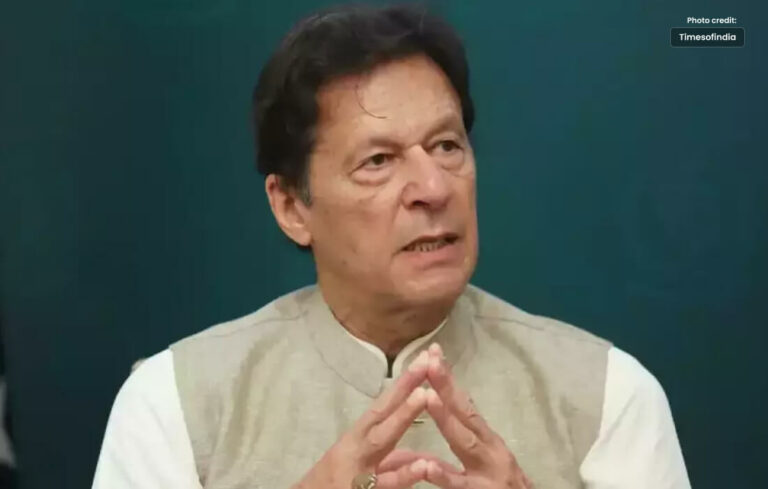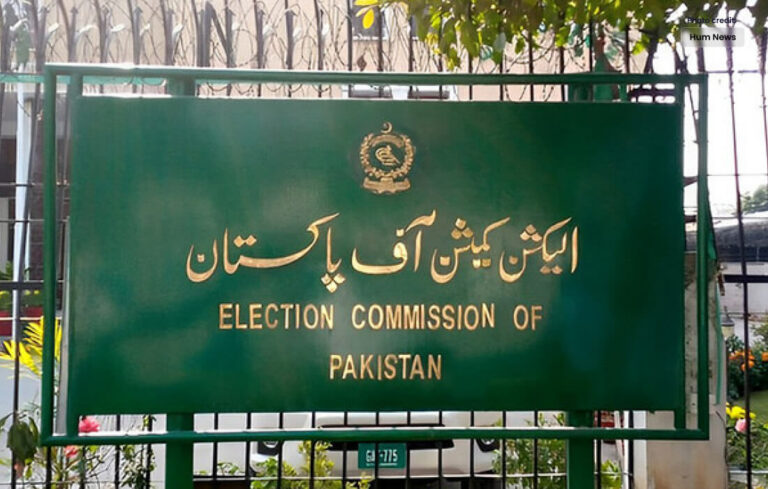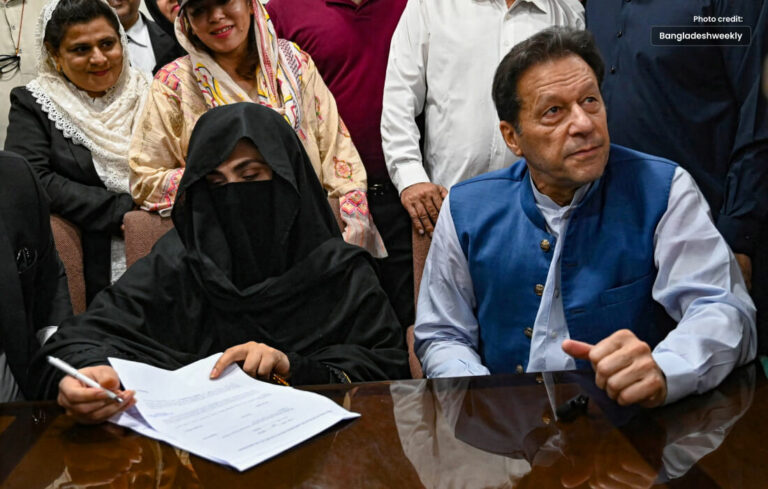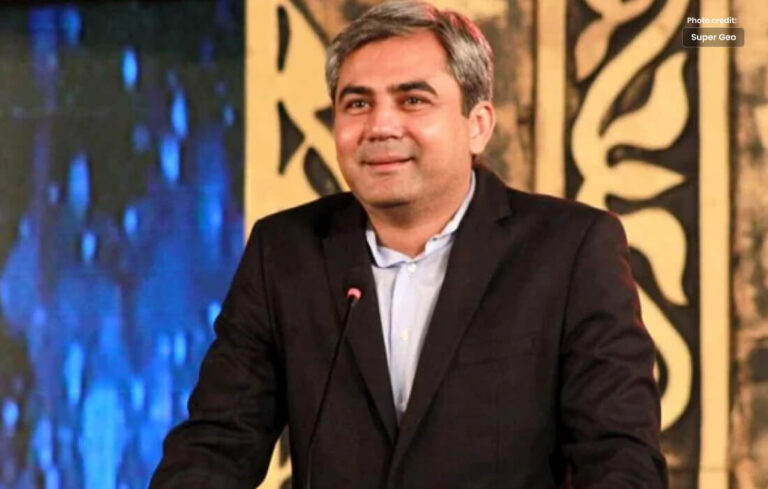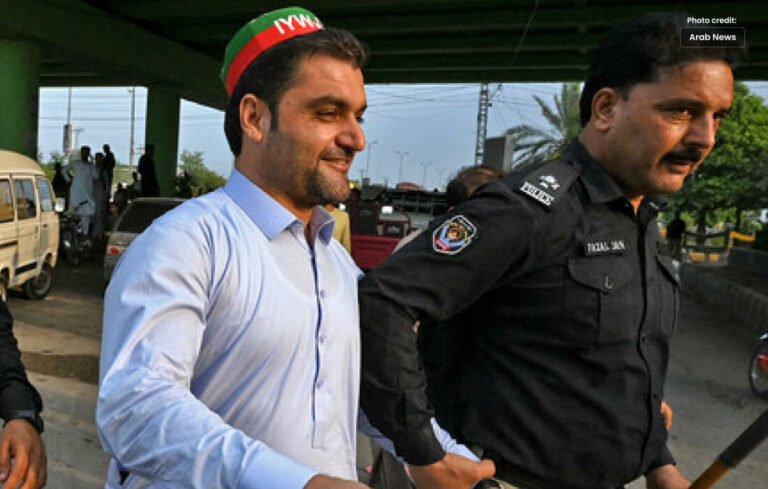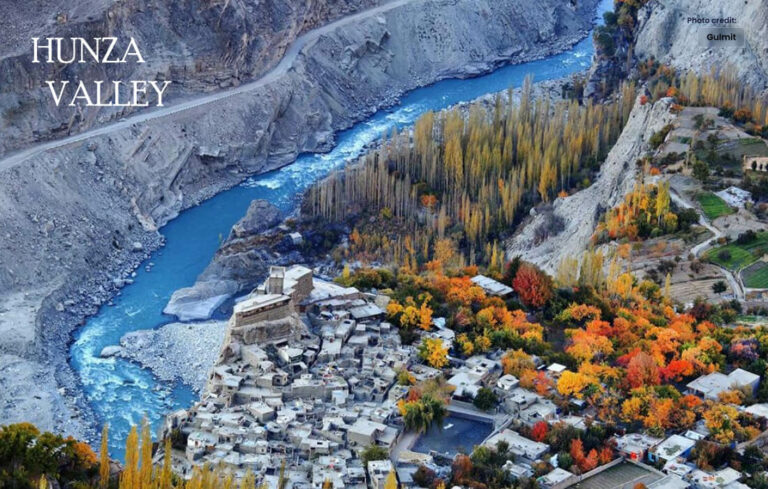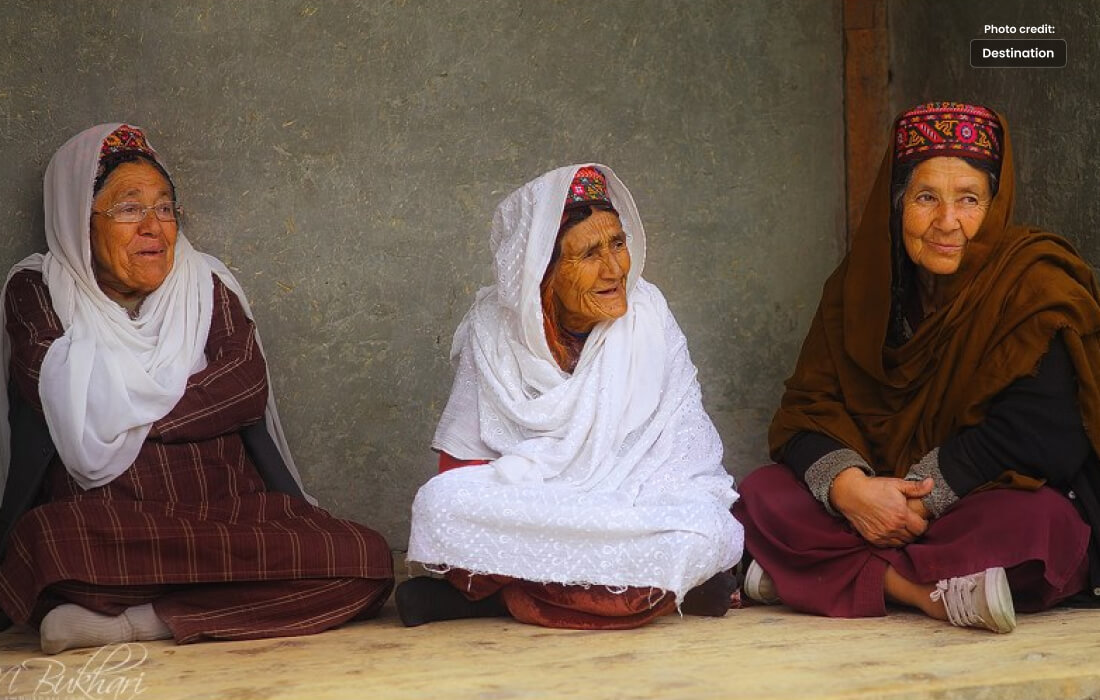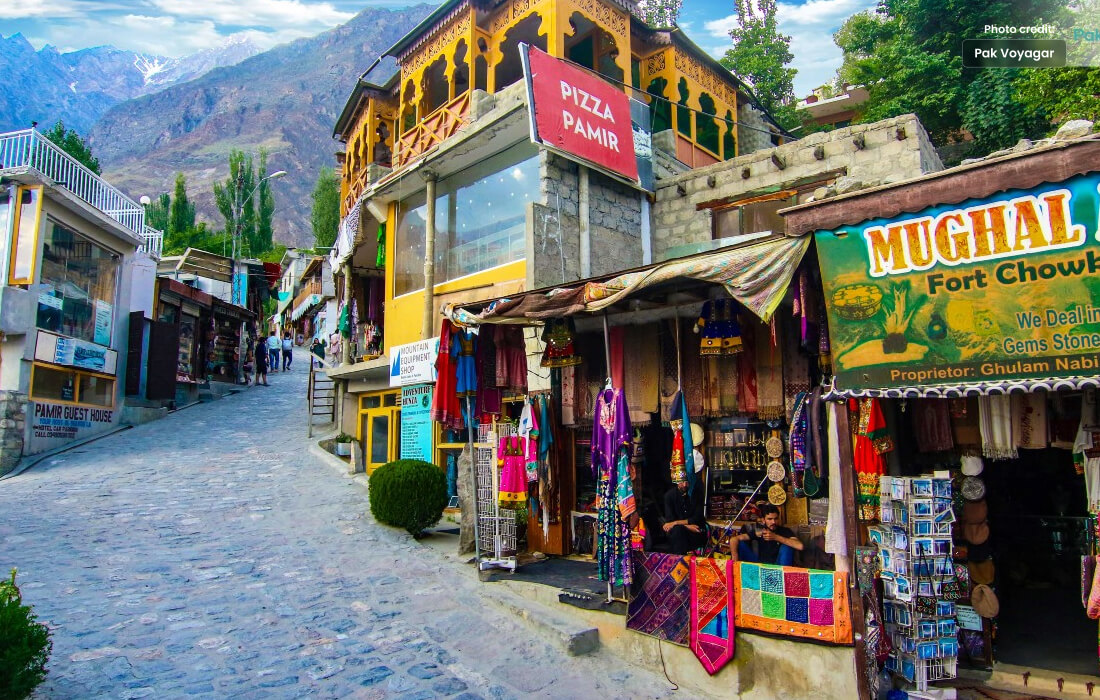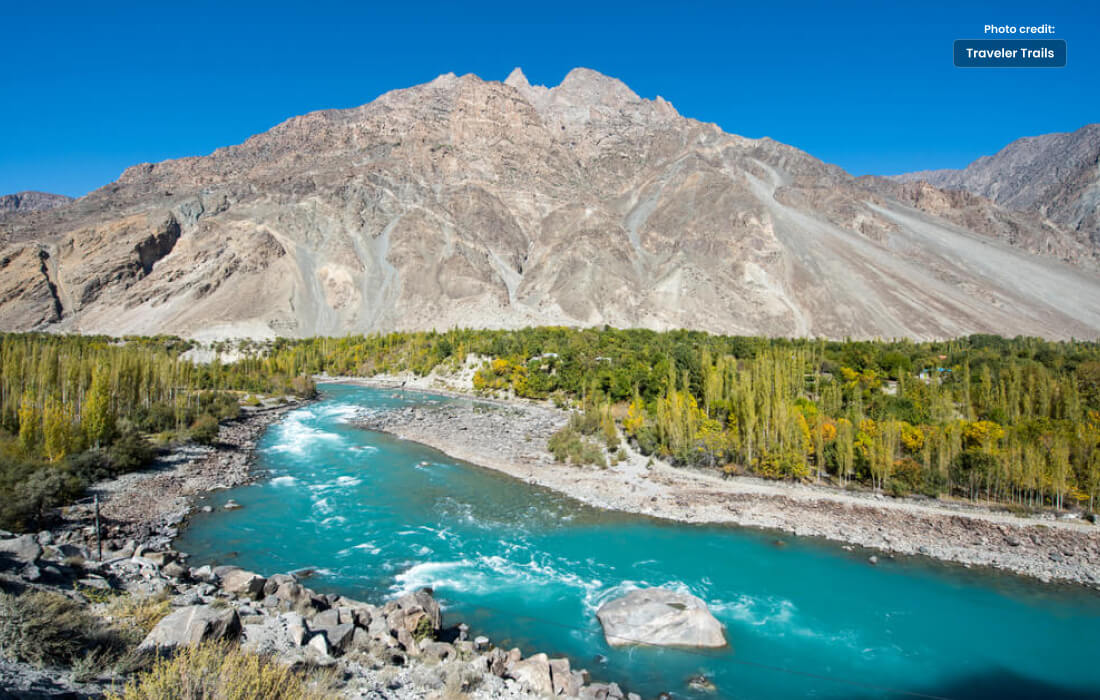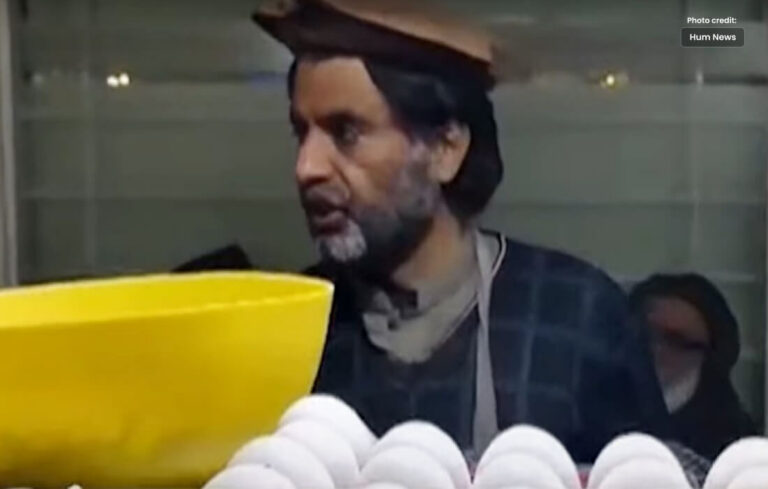Arrest of Imran Khan, Pakistan’s former prime minister, has been sentenced for 14 years in a state secrets case.
On January 31 in Islamabad a Pakistani anti-graft court sentenced former Prime Minister Imran Khan and his wife Bushra Khan to 14 years each on allegations of illegally selling state gifts, his party announced on Wednesday, a day after Khan was sentenced to 10 years in another case.
The first Arrest of Imran Khan
Imran Khan, the former Pakistani Prime Minister, was detained at his residence in Lahore on Saturday after a court found him guilty of corruption and sentenced him to three years in prison.
On May 9, 2023, the National Accountability Bureau (NAB) arrested former Pakistani Prime Minister and politician Imran Khan from within the High Court in Islamabad on corruption accusations related to the Al-Qadir Trust, which he owns with his wife, Bushra Bibi.
The next day, on May 12, the Islamabad High Court granted Khan two weeks’ bail. Shortly after his release, Khan accused army leader Asim Munir of playing a part in his imprisonment.
Attempts to arrest Khan sparked protests by his followers around the country.
What exactly is the corruption case about?
Imran Khan was arrested at his house in Lahore on Saturday after a court ruled on the Toshakhana case, in which he was accused of illegally selling presents from heads of state worth hundreds of millions of rupees.
The National Accountability Bureau filed the reference against Khan and his wife, Bushra Bibi, in an accountability court in Islamabad, the national capital.
Khan was sentenced to three years in prison in August in the “Toshakhana case” for concealing information about foreign gifts he received as prime minister from 2018 to 2021.
The Election Commission then prevented him from holding public office for the next five years.
However, the Islamabad High Court postponed his sentence and ordered his release few weeks later.
Known as the asset concealment case, or Toshakhana, the presents allegedly included watches supplied by a royal family, according to government officials, who have said earlier that Khan’s associates sold them in Dubai.
The gifts purportedly include seven watches, six of which are Rolexes. The most expensive was a “Master Graff limited edition” priced at 85 million rupees ($300,000), according to a list released by Pakistan’s information minister.
Toshakhana, or treasure house, is a government-owned institution that stores gifts given to members of parliament, ministers, foreign secretary, presidents, and prime ministers.
The following are details of the important cases:
CASE OF SECRETS
Khan was convicted on Tuesday of disclosing a sensitive cable transmitted to Islamabad by Pakistan’s ambassador in Washington in 2022, in what is known as the Cipher case. He was sentenced to ten years in jail. He disputes the charge and claims the information came from other media sources. After visiting Moscow shortly before Russia’s invasion of Ukraine, Khan claimed that the cable was proof of a plan by the military and the US administration to destabilize his regime in 2022. Both Washington and the Pakistani military dispute this.
GIFTING CASE
Khan, also known as the Toshakhana or state treasury case, was sentenced to three years in prison in August by another court for selling gifts worth over 140 million rupees ($501,000) received during his 2018-2022 reign. That sentence was later suspended, but Khan remained imprisoned in connection with other cases. On Wednesday, an anti-corruption court sentenced Khan and his wife to 14 years in prison in the same case. He claims that he lawfully purchased the products. Government officials claim Khan’s advisers sold the goods in Dubai.
LAND BREACHING CASE
Khan was arrested for four days in May 2018 on suspicions of receiving land as a bribe through the Al-Qadir foundation, a charitable foundation established by Bushra Watto, Khan’s third wife, and Khan during his tenure in government. Pakistani police accuse Khan and his wife of getting land worth up to 7 billion rupees ($25 million) from a British property developer charged with money laundering. Authorities accused Khan of obtaining the land in exchange for a favour from the property developer by using 190 million pounds repatriated by Britain in the money laundering investigation to pay fines imposed by a court against the developer.
Preventing Violence
- Khan has been charged under Pakistan’s anti-terrorism statute for the violence against the military that occurred after his brief arrest in connection with the Al-Qadir case on May 9.
- According to Pakistan’s 1997 anti-terrorism laws, the death sentence is the most severe punishment. Khan has rejected the anti-terrorism allegations, claiming that he was in jail when the incident occurred.
What are Imran Khan’s statements:
Khan has claimed that he lawfully purchased the products and denied any wrongdoing.
In a pre-recorded speech broadcast following his arrest on Saturday, the former prime minister asked his supporters to remain calm and hold nonviolent protests.
“I taped this message before to my imprisonment. “I want my party workers to be peaceful, steadfast, and strong,” he said in a video statement posted to social media.
Advocate’s statements:
Mr. Khan’s lawyer, Salman Safdar, believes the trial should take place in an open court. He spoke outside the high-security Adiyala prison in Rawalpindi, where the former cricketer turned politician is on trial for disclosing state secrets.
The issue revolves around his speech and the waiver of a classified diplomatic letter to a gathering following his removal in a no-confidence vote in parliament in 2022. At the time, Mr. Khan presented a paper as proof that he was threatened and that his removal was a Washington conspiracy. He accused the military and then-Prime Minister Shehbaz Sharif of carrying out a US scheme, which was refuted by US officials, the Pakistani military, and Mr. Sharif himself.
What does the government say?
Information Minister Maryam Aurangzeb denied Arrest of Imran khan was related to the impending elections, claiming he was given every opportunity to defend himself against the wealth concealment charges.
“Instead Imran Khan used the time to delay the court proceedings and went back and forth to the High Court and Supreme Court to halt this case,” she went on to claim.
Aurangzeb further stated that Khan has been “proven guilty of illegal practices, corruption, concealing assets, and falsely declaring wealth in tax returns.”
Pakistani ex-Prime Minister Khan is sentenced to 7 years in prison in his third case.
On Saturday, a Pakistani court sentenced former Prime Minister Imran Khan and his wife, Bushra Bibi, to seven years in prison for illicit marriage.
Judge Qudrat Ullah delivered the verdict in Rawalpindi’s Adiala Jail, located in the northeastern garrison city.
The judge also fined Khan and his wife 1 million Pakistani rupees ($3,575).
Khan’s party, Pakistan Tehreek-e-Insaf (PTI), criticized the court ruling, calling it an attempt at “character assassination.”
Click here for International news today
Visit Our Urdu Site


